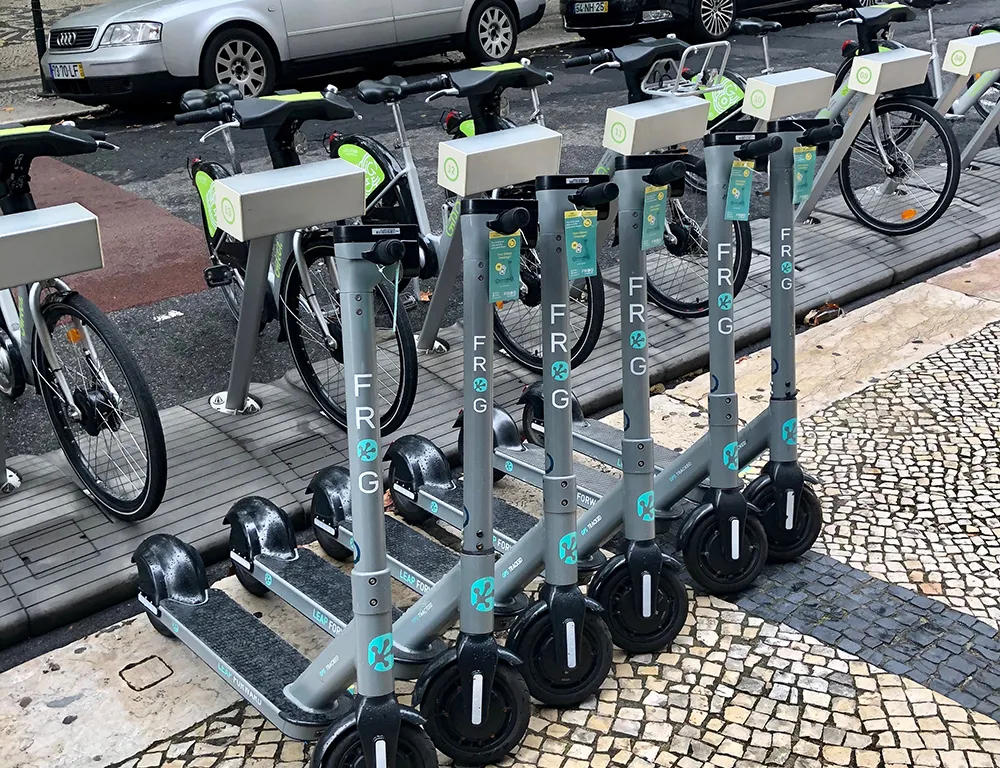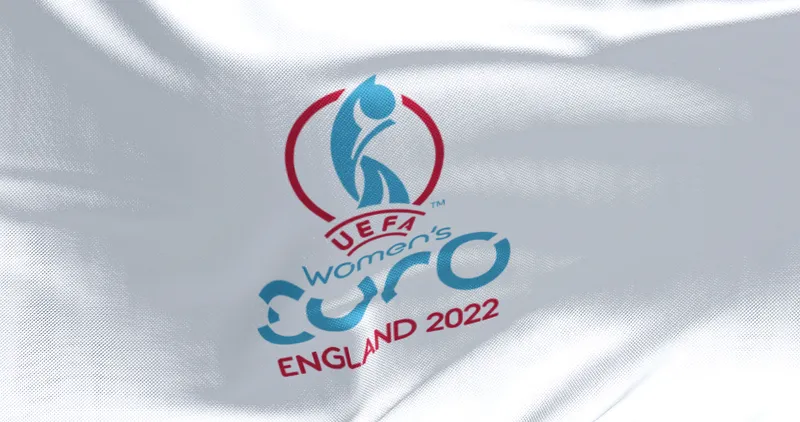
South Korea's capital Seoul has been awarded Smart City of 2022 at Smart City Expo World Congress - while Ukrainian capital Kyiv received special recognition "for its resilience and use of digitisation".
It was celebrated for its Smart Seoul platform through which it promotes digital inclusion policies guaranteeing the five basic digital rights – communication, mobility, education, safety and tech utilisation – and providing digital services tailored to the socially vulnerable.
The awards were part of the annual competition which acknowledges the most outstanding initiatives and projects in the innovation and urban transformation industry.
Kyiv's special City Award was to recognise its use of digital services "to save lives in the context of the Russian invasion of Ukraine that began in February".
Kyiv mayor Vitaliy Klitschko took part in the Smart City Expo World Congress in Barcelona, explaining how digitalisation has allowed the city to be more resilient during the war, through apps that notify citizens of air raids and shelter location and help save lives.
The jury comprised representatives from the Barcelona City Council, UN-Habitat, the World Bank, the EC Mission on Climate Neutral and Smart Cities, and Smart City Expo World Congress.
The president of Seoul Digital Foundation, Yosik Kang, said after receiving the award: “It is a great honor to be selected as winner city at these prestigious awards. It is particularly meaningful as it award Seoul’s smart city policy. We hope this can give strength to the citizens of Seoul who are struggling after the Itaewon crowd crush”
Other winners were:
In the Energy & Environment category, the award went to the software project developed by the company TerraGo Technologies for the maintenance and implementation of the public lighting network in the city of Chicago in the US.
In the Mobility category, the DIGI-V traffic digitisation initiative in the German city of Wiesbaden, developed by Yunex Traffic, won award.
The Governance & Economy Award was given to Dublin, Ireland, for its drone development project, while Amsterdam, Netherlands, received an award for its youth cybersecurity game HackShield in the Security & Safety category, and the Inclusion award went to The Global Initiative for Inclusive ICTs (G3ict), for the city of Atlanta’s artificial intelligence project for inclusive pavements.
The Argentinean capital, Buenos Aires, received the Infrastructure & Building Award for the Ciudad 3D project, a new tool to promote sustainable urban development.
In the Enabling Technologies category, the winner was the Belgian city of Bruges for its Smart City Data Platform, which also involves the cities of Leuven and Roselare.
Two projects tied as winners in the Innovation category: AutoSafety Uganda, an initiative to reduce accidents and pollution in the African country, developed by Wanyama Autosafety Initiatives; and the Empowering Cities through Data project of the Indian Ministry of Housing and Urban Affairs.
Finally, the Leadership award, which is given to individuals and organisations that have promoted the development of smart urban solutions at an international level, went to the Emilia Saiz, UCLG – United Cities and Local Governments general secretary, and Aníbal Gaviria, governor of Antioquia, Colombia.








